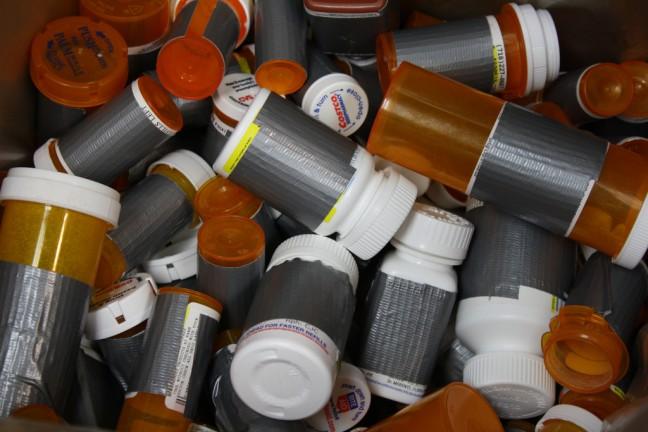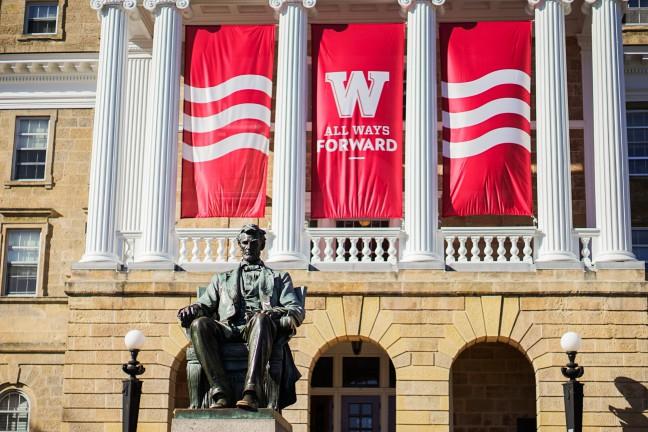The premise of this article is not to disprove the credibility of doctors or prescription drugs in general. In fact, doctors do serve their patients’ best interests and prescription drugs have managed to eradicate many diseases that have plagued the world for centuries.
With that being said, Americans currently have one of the most distorted views of prescription drugs out of any country in the world. According to a report by the National Institute on Drug Abuse, Americans make up 5 percent of the world’s population and consume 75 percent of the world’s prescription drugs.
If you’ve owned a television at any point in the last 10 years, this statistic should not be that surprising. Every night hundreds of ads air for every type of medication imaginable. Feeling incompetent? Viagra can help you out. Taking Viagra has lowered your cholesterol? Take Lipitor to fix that. Pretty soon, people find themselves taking 10 pills just after getting out of bed every morning.
Now, doctors prescribe opioids to a large percentage of Americans some point in their lives. According to a report, the number of prescribed opioids in the U.S. rose from 76 million in 1991 to 207 million in 2013. In 2010, there were enough prescribed painkillers to medicate every adult every four hours for one month.
It’s ‘our’ problem: The growing heroin epidemic across Wisconsin
Because of their easy access, painkillers have become the most abused drug in America with numbers reaching 5.1 million abusers in 2010. According to information collected by CDC Wonder, opioids accounted for around 14,000 overdoses in 2014, which is significantly more than the number of deaths from cocaine and heroin. Also, this number is exceptionally higher than the number of overdoses from marijuana consumption, which has reached a grand total of zero in its existence.
Opioids pose an addiction liability to users because they have an effect on the brain similar to that of heroin and morphine. In fact, prescription drug abusers are 40 times as likely to become addicted to heroin.
So why don’t we see hordes of armed Drug Enforcement Administration agents breaking into pharmacies and taking all their OxyContin and hydrocodone? If the U.S. government truly claims to have a “War on Drugs,” they should be limiting the drugs that are harming the greatest number of people.
The government and DEA, however, have taken no initiative to limit the access to these drugs, unlike their efforts to control drugs that are currently illegal. In actuality, their stance has taken the opposite side of the argument.
During a hearing in 2011, DEA representative Gary Boggs said, “What you have to understand is that you do have legitimate patients and they’re fishing from the same pond that the illegitimate patients are fishing from, so you have to be cautious not to restrict the quota to the point that when the legitimate parties go to the pool, all the fish haven’t been taken out by the illegitimate parties.”
The fact that prescribed opioids are legal and do serve a medical purpose for some users as a powerful painkiller may explain this stance. That does not explain, however, why some areas of the U.S. have seen a 900 percent increase in prescribed users since 1997.
Perhaps a better answer to this question has do with the fact that prescription opioids make companies an unbelievable amount of money.
Recently, the Sackler family, which is the sole owner of the OxyContin-producing company Purdue Pharma, broke the top 20 richest families in the world with company sales exceeding $35 billion and annual revenues of $3 billion.
While the main concern of Purdue Pharma and other large pharmaceutical companies should be the health of the users, history has shown this not to be true. In 2007, Purdue Pharma was forced to pay $635 million in damages after they falsely advertised OxyContin as far more safe and non-addictive than it actually was.
With the money these companies make, comes power — power to make large donations to political campaigns including those in our current presidential election.
Essentially, the U.S. government is not going to put a stop to oversaturation of these drugs and has not shown any motivation to change their policies, even with the extreme number of overdoses and addicted opioid users.
Most important, all Americans need to remember is that just because a drug is considered “legal” does not mean it is safe to consume. They should consider it a drug on the same level as cocaine or heroin.
Matthew Cejka ([email protected]) is a sophomore majoring in journalism and economics.





















